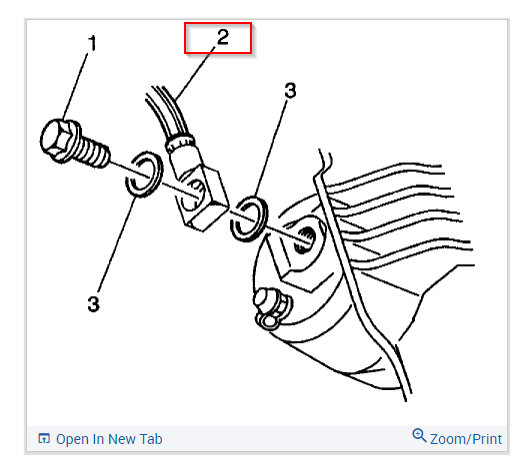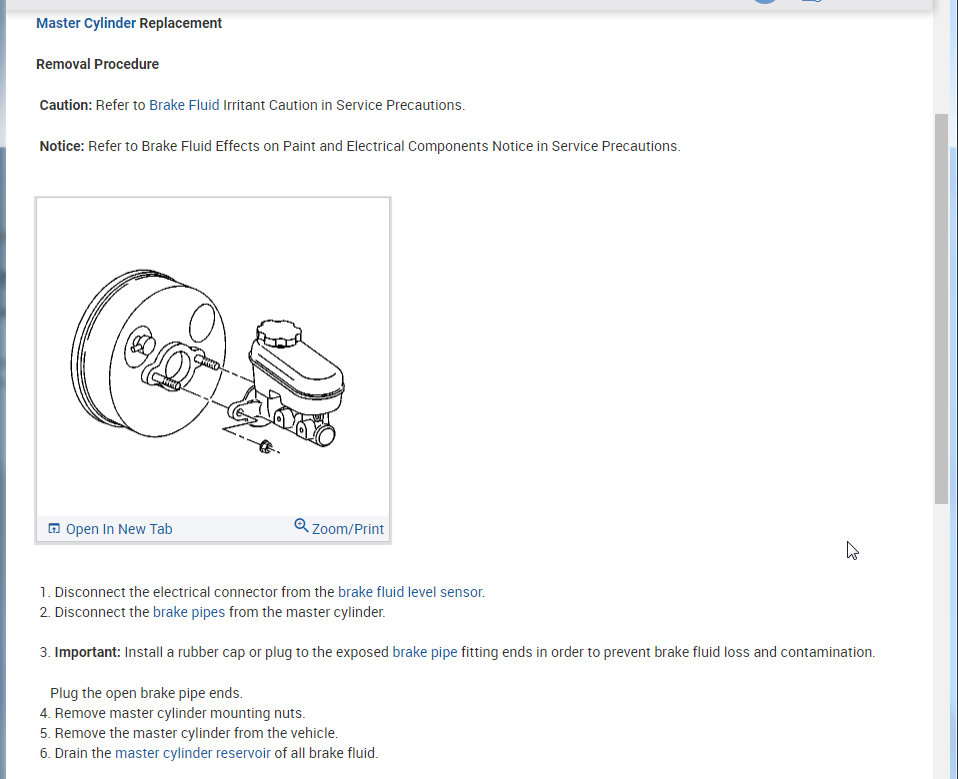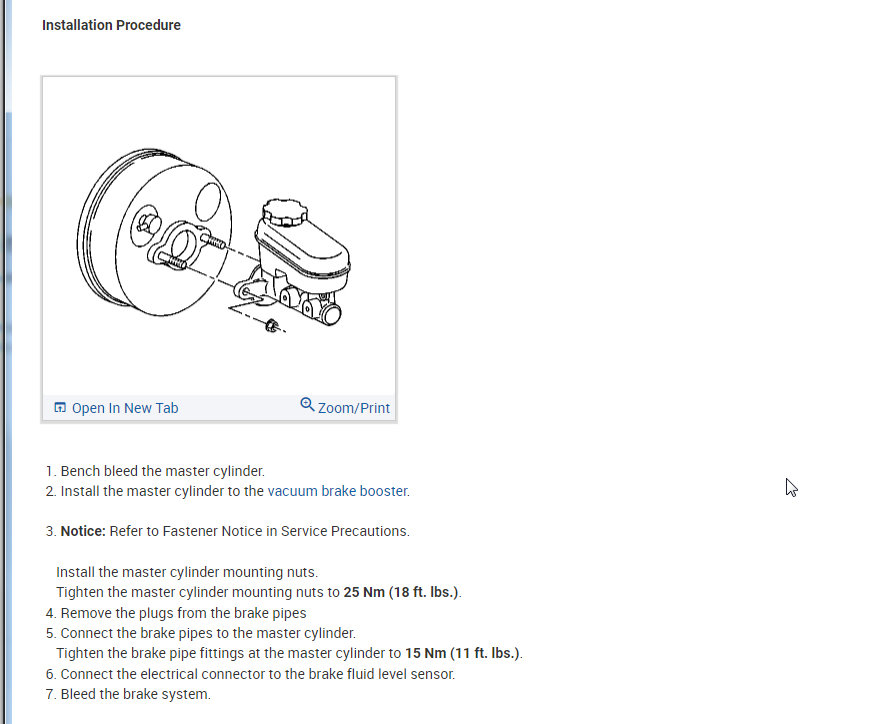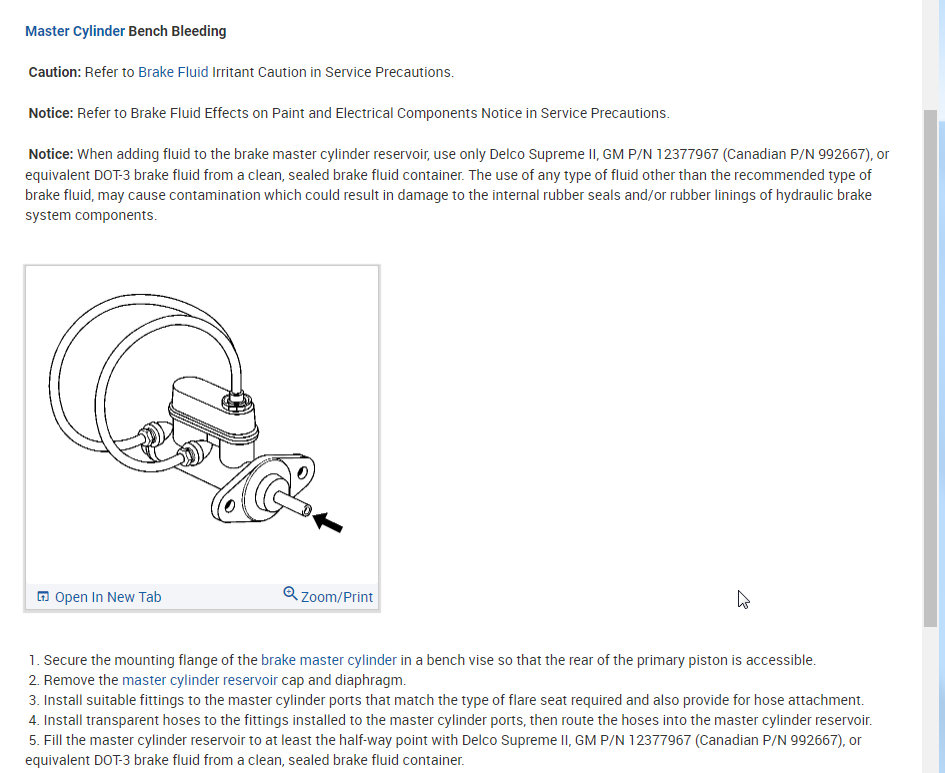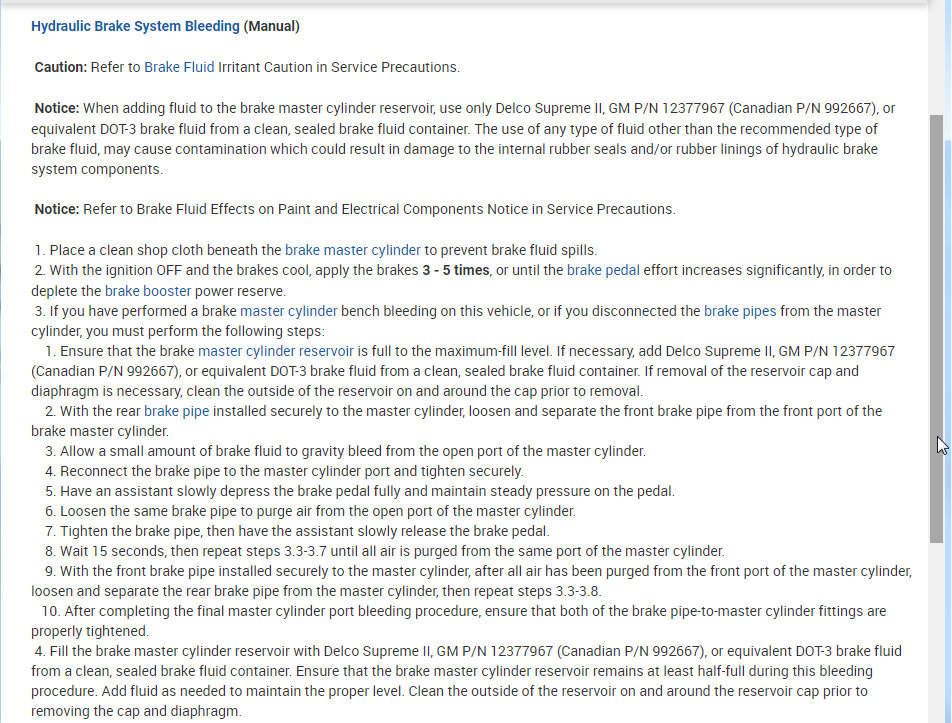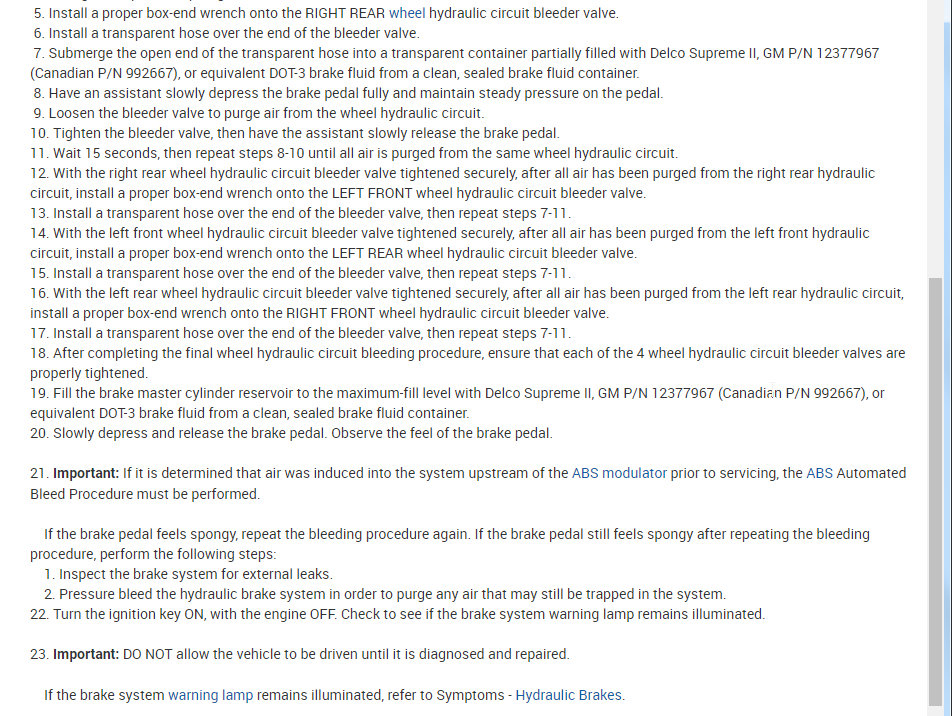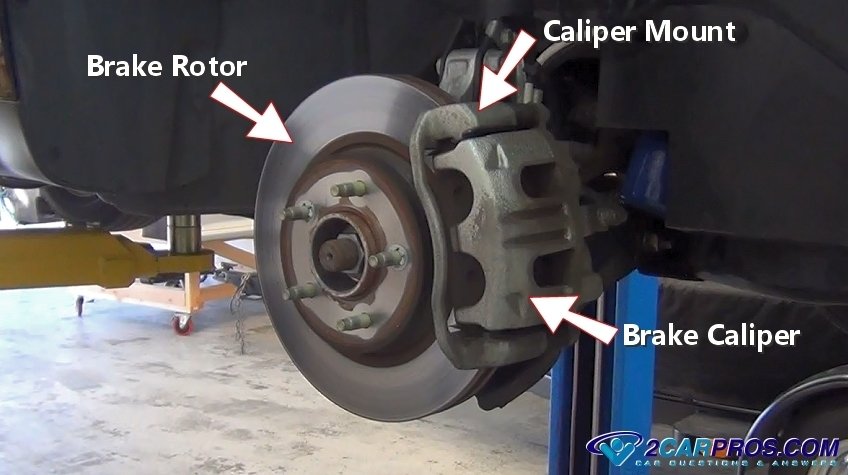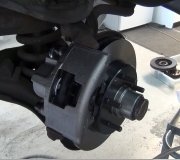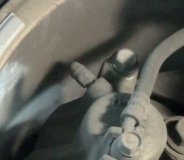Saturday, November 14th, 2020 AT 9:38 AM
My front passenger brake caliper was seizing causing a popping sound when accelerating past 30 mph, and causing the wheel to get scorching hot. Had it replaced, and it seemed to go away, but after 3 or 4 days, it started doing again. Replaced the caliper again a couple months later, it was fine for 3 days, and it started doing it again. Same symptoms as before, it drives as it I'm stepping on the brakes. When I removed the caliper and tried to spread it open with the tool from AutoZone, it wouldn't open at all. What else can be causing this?
